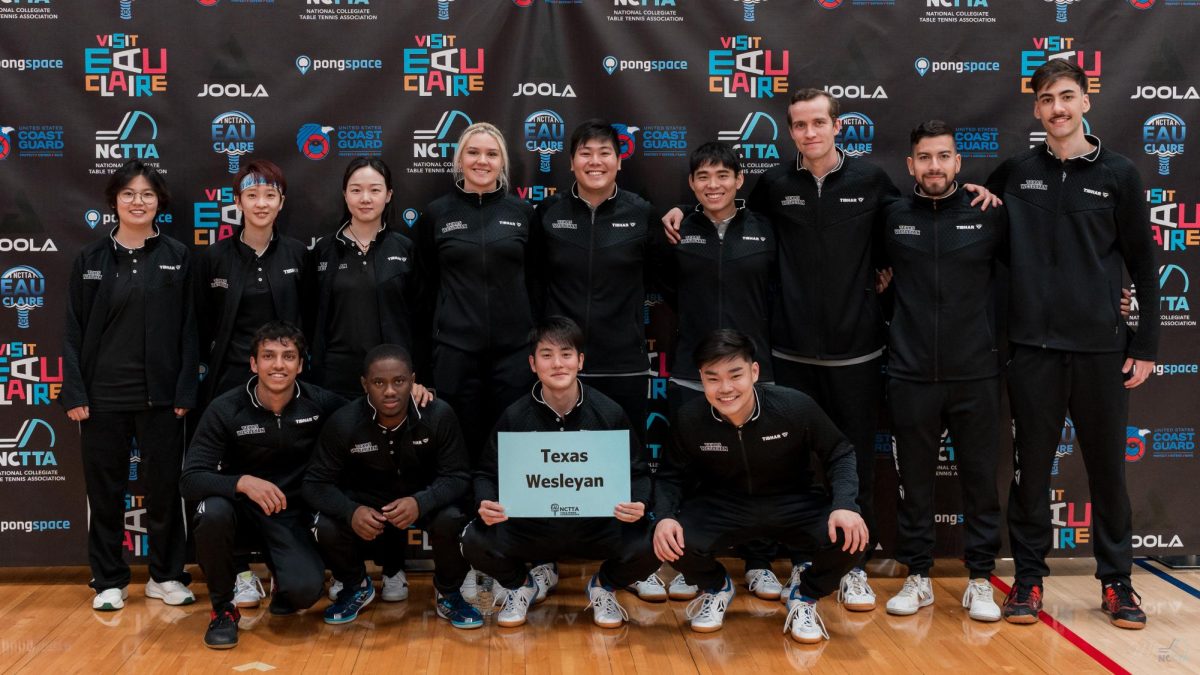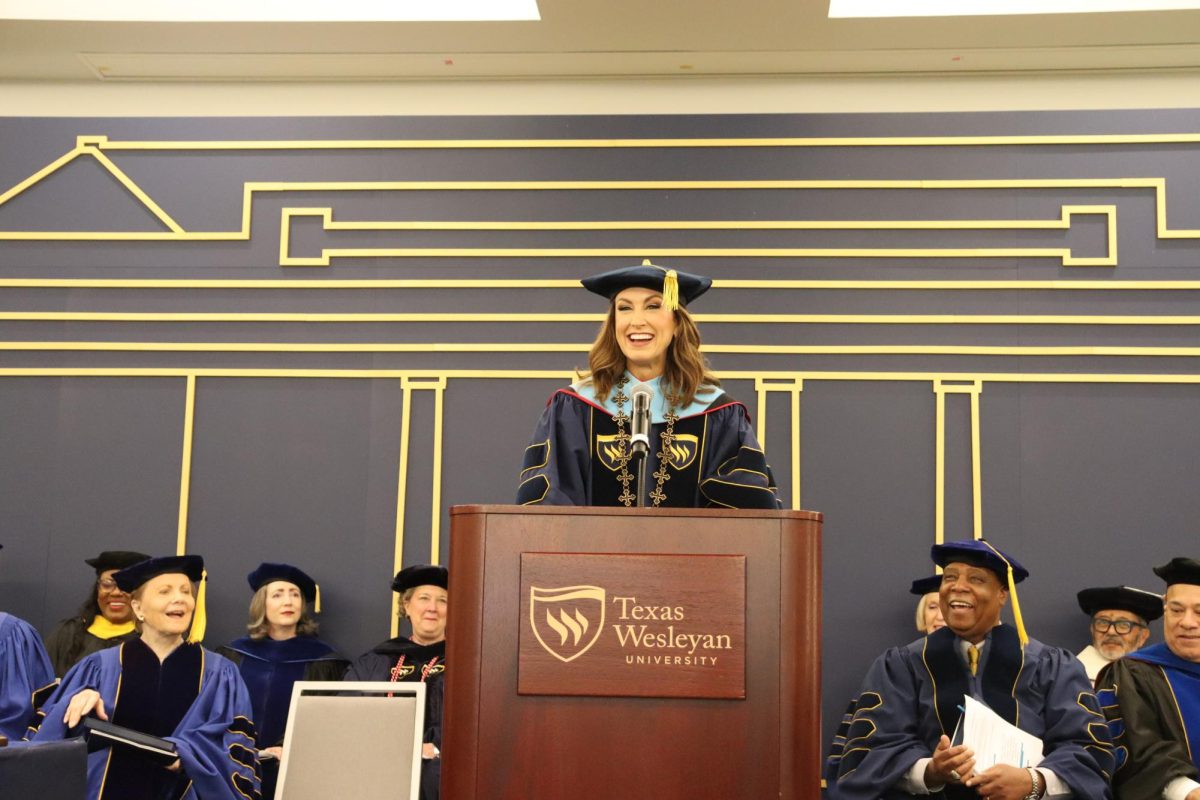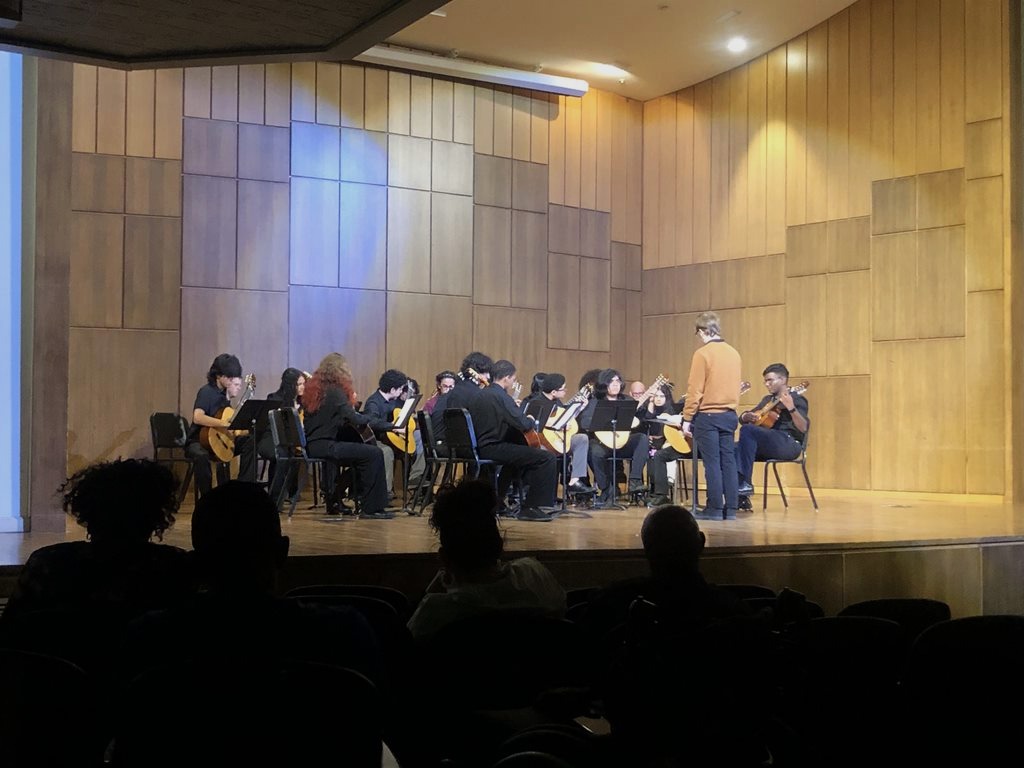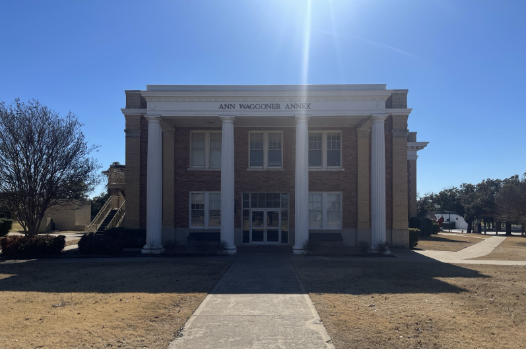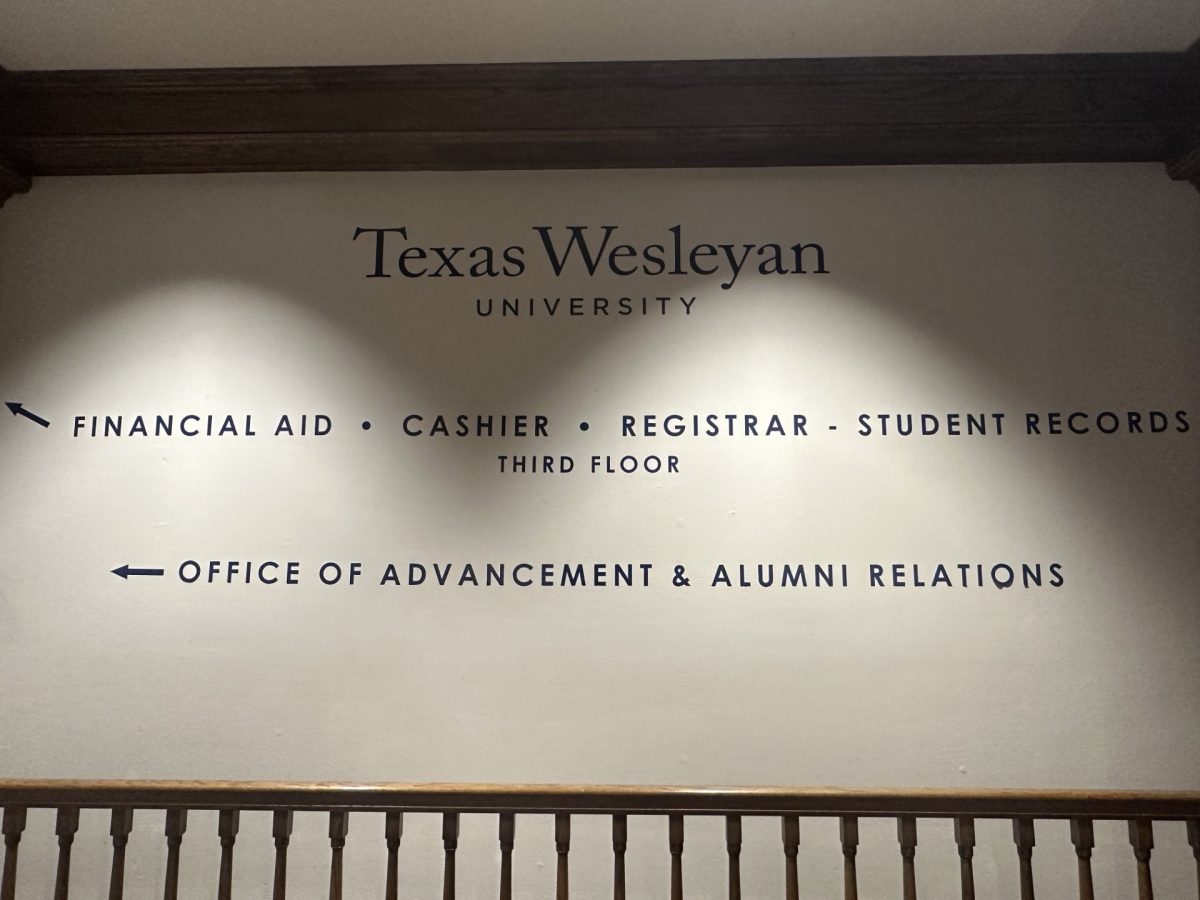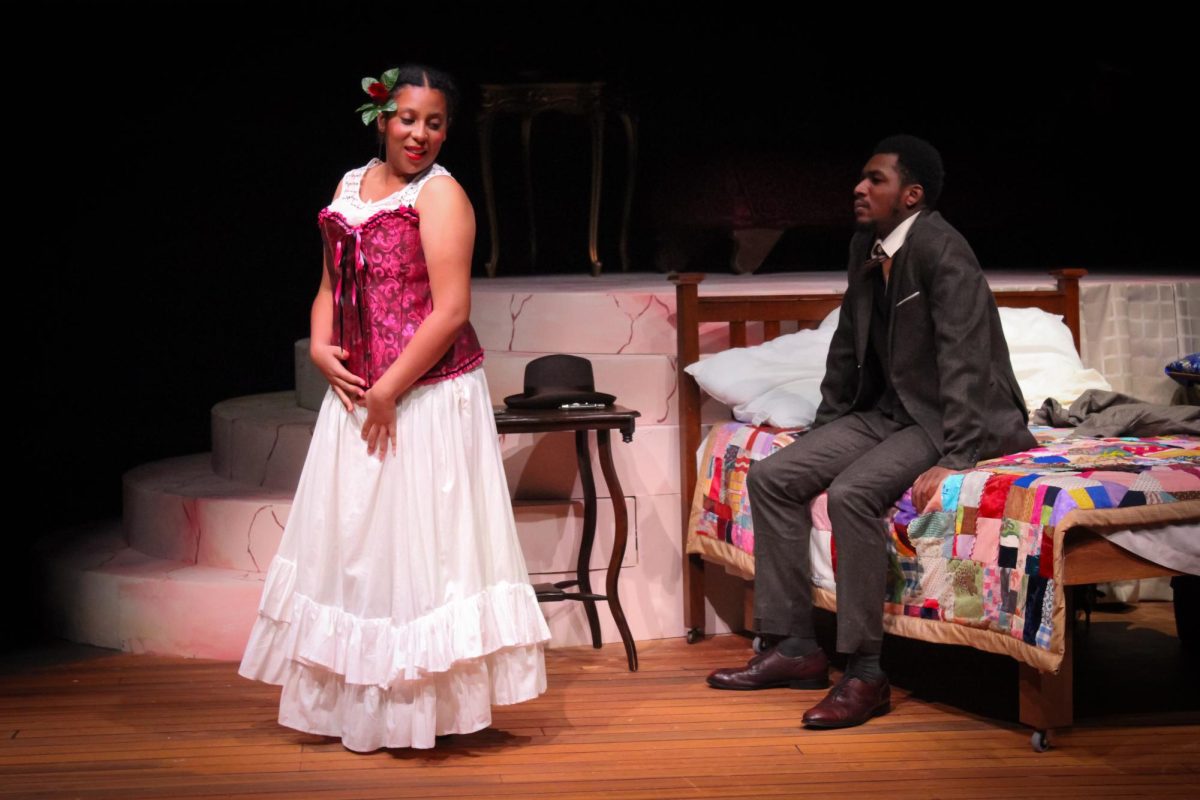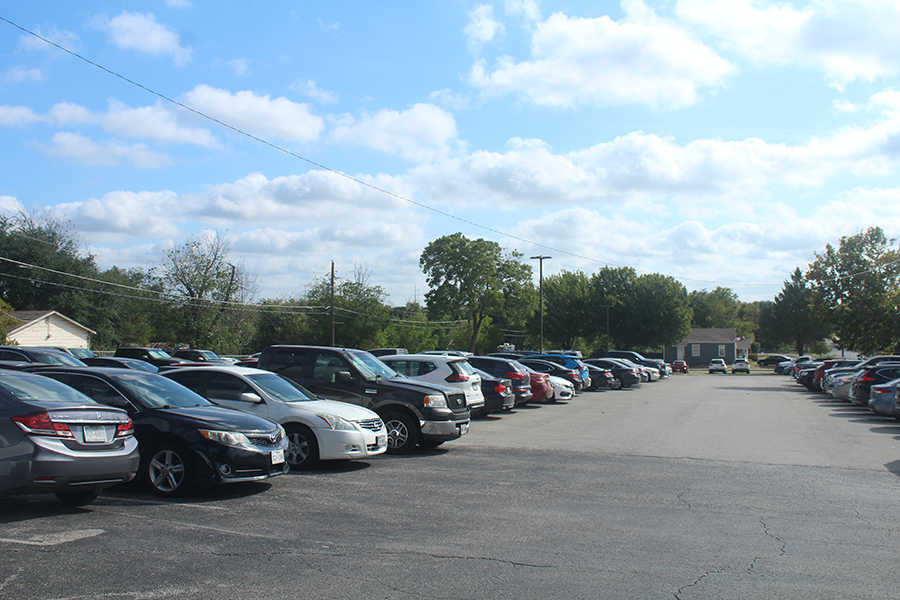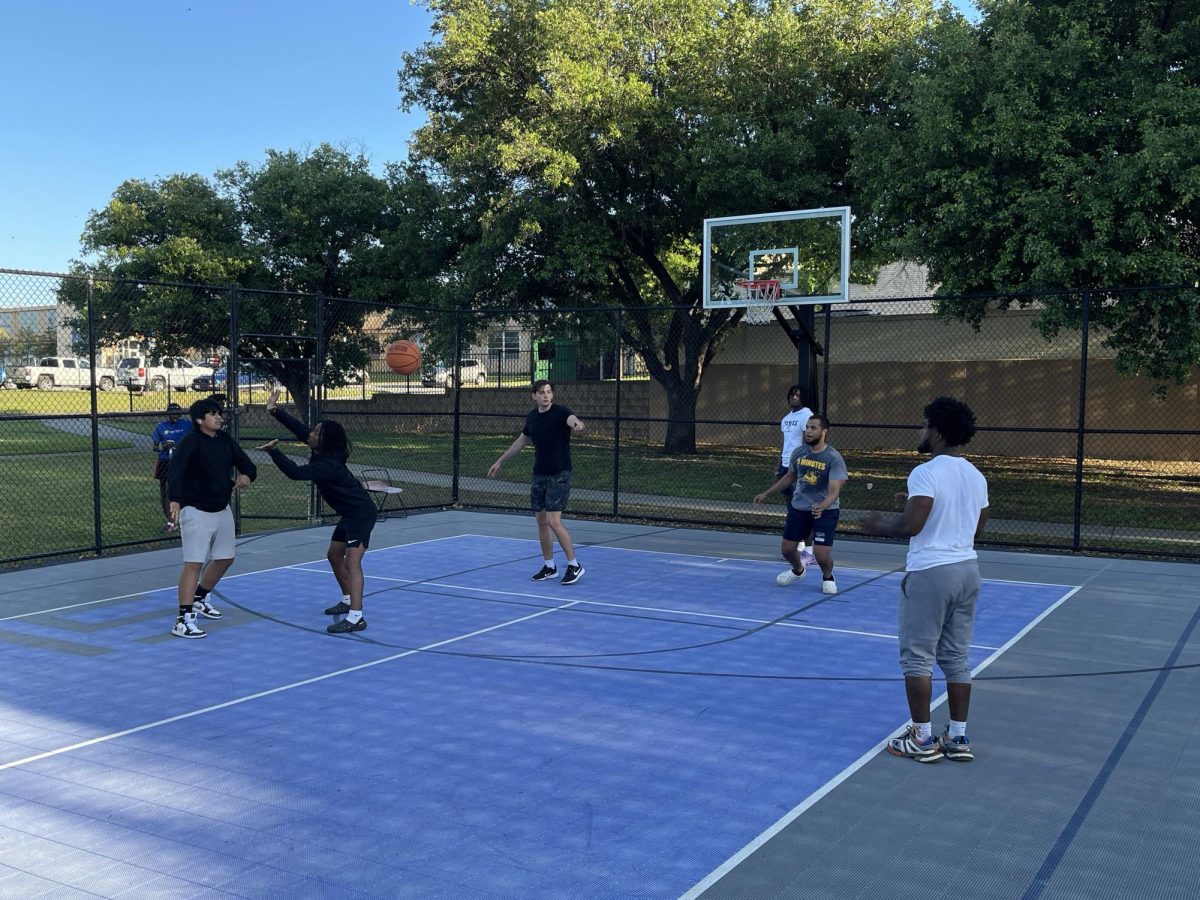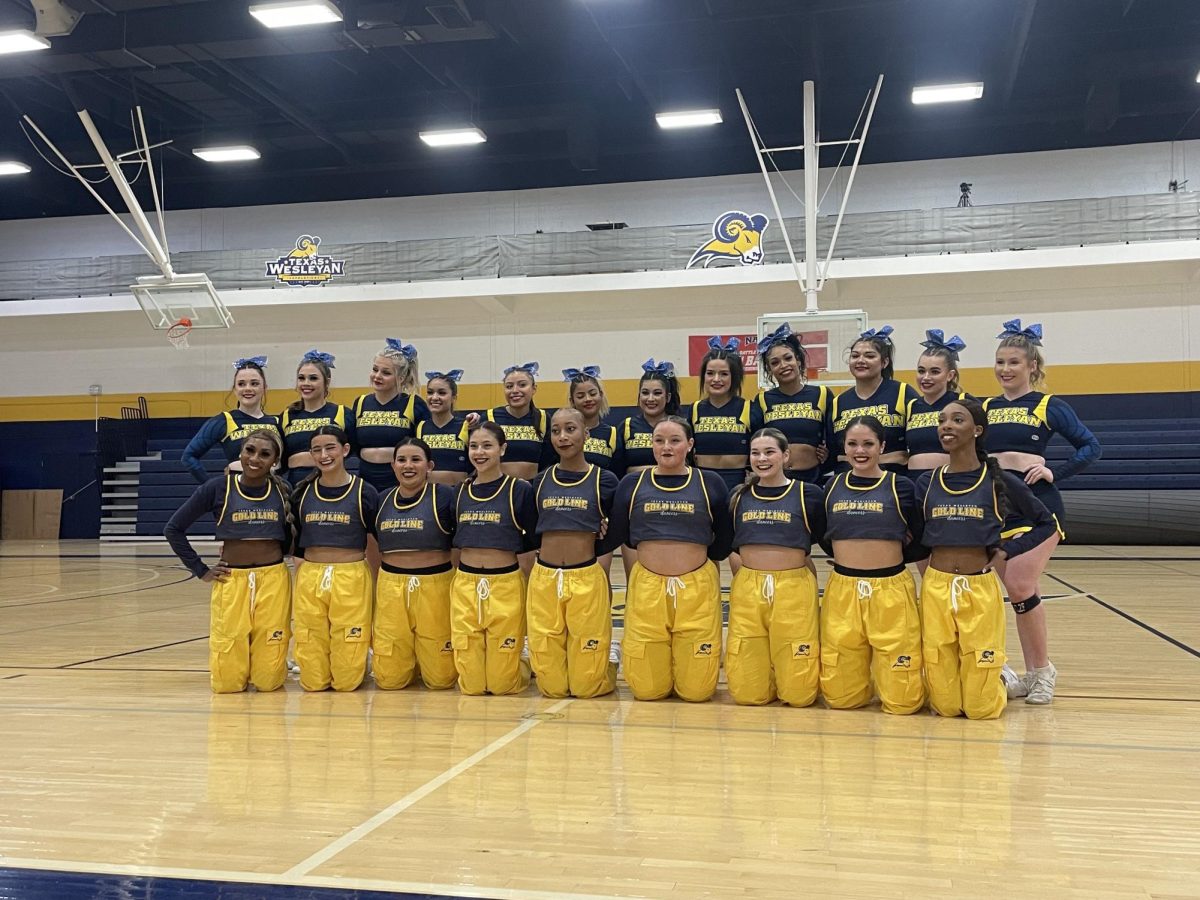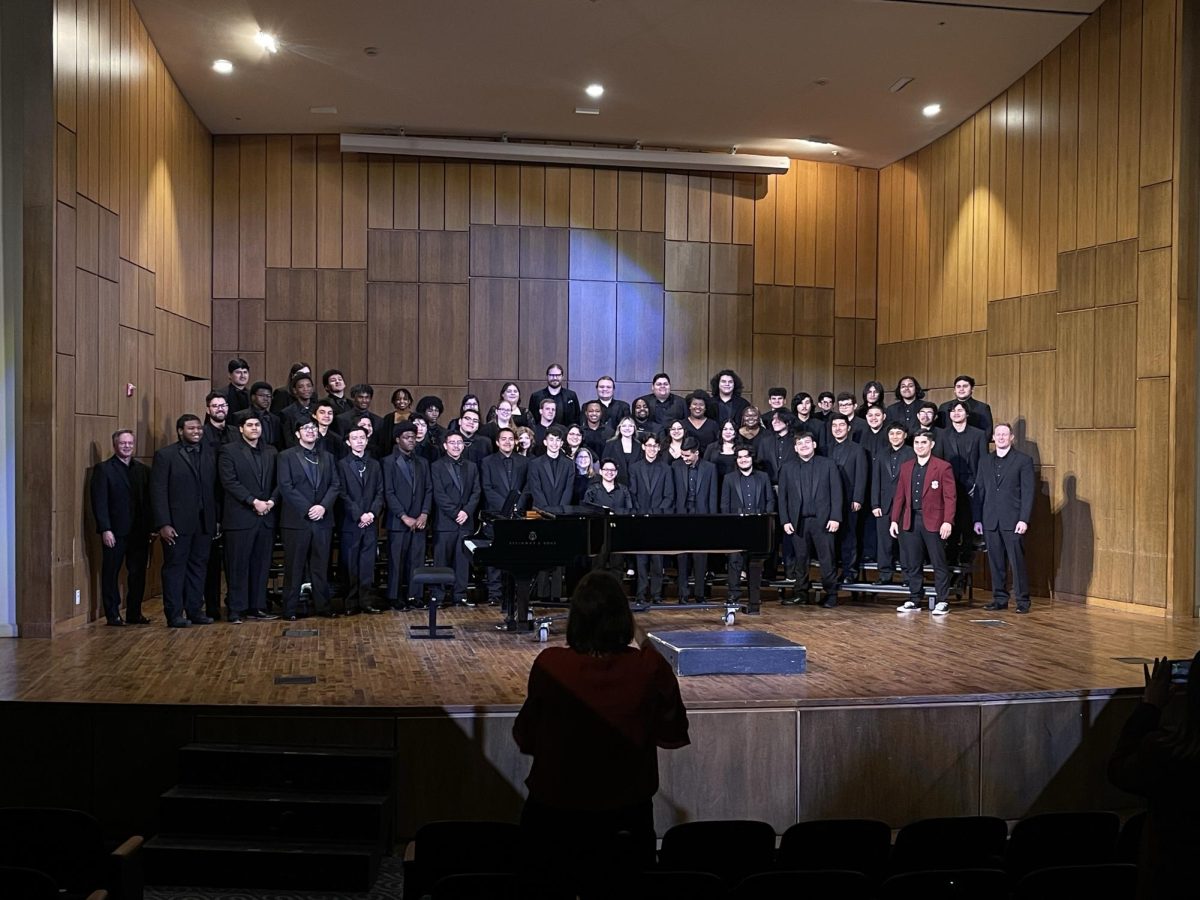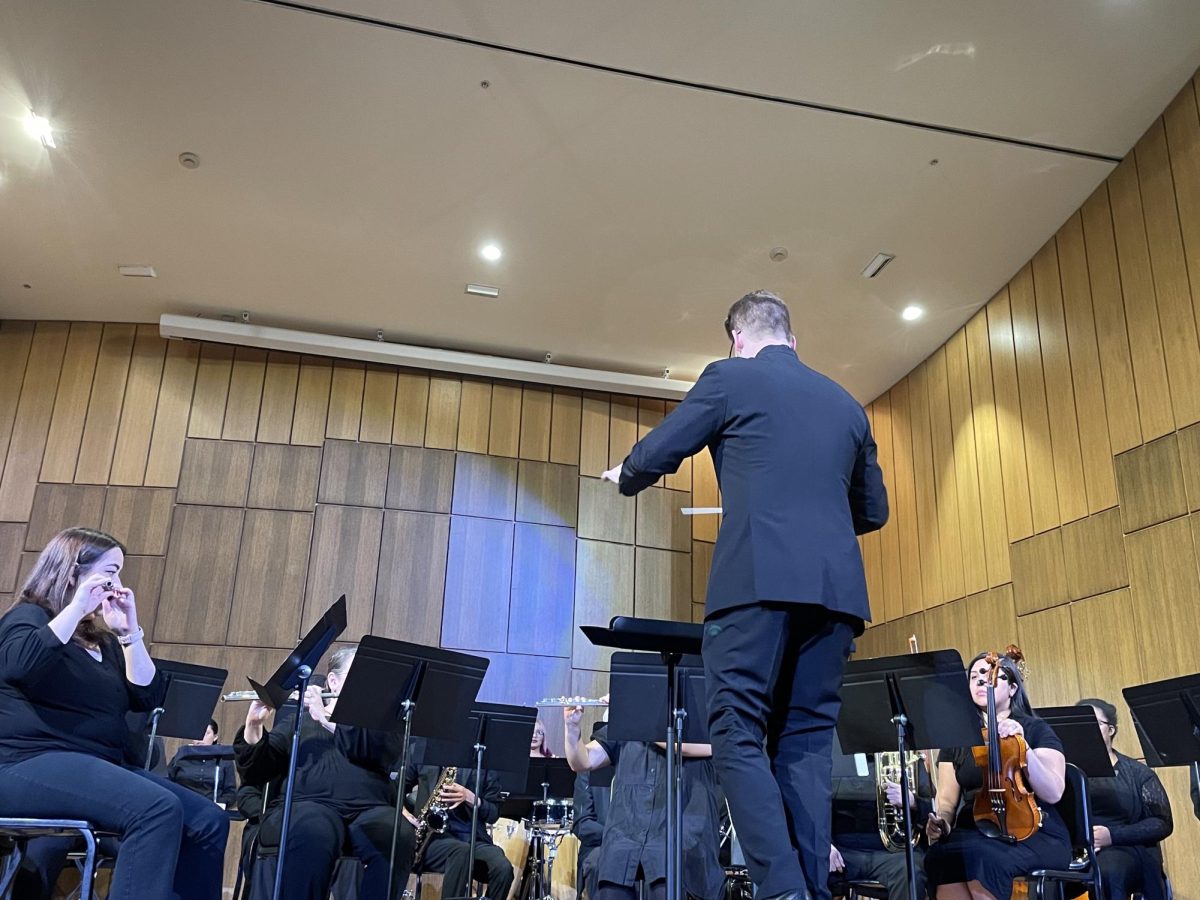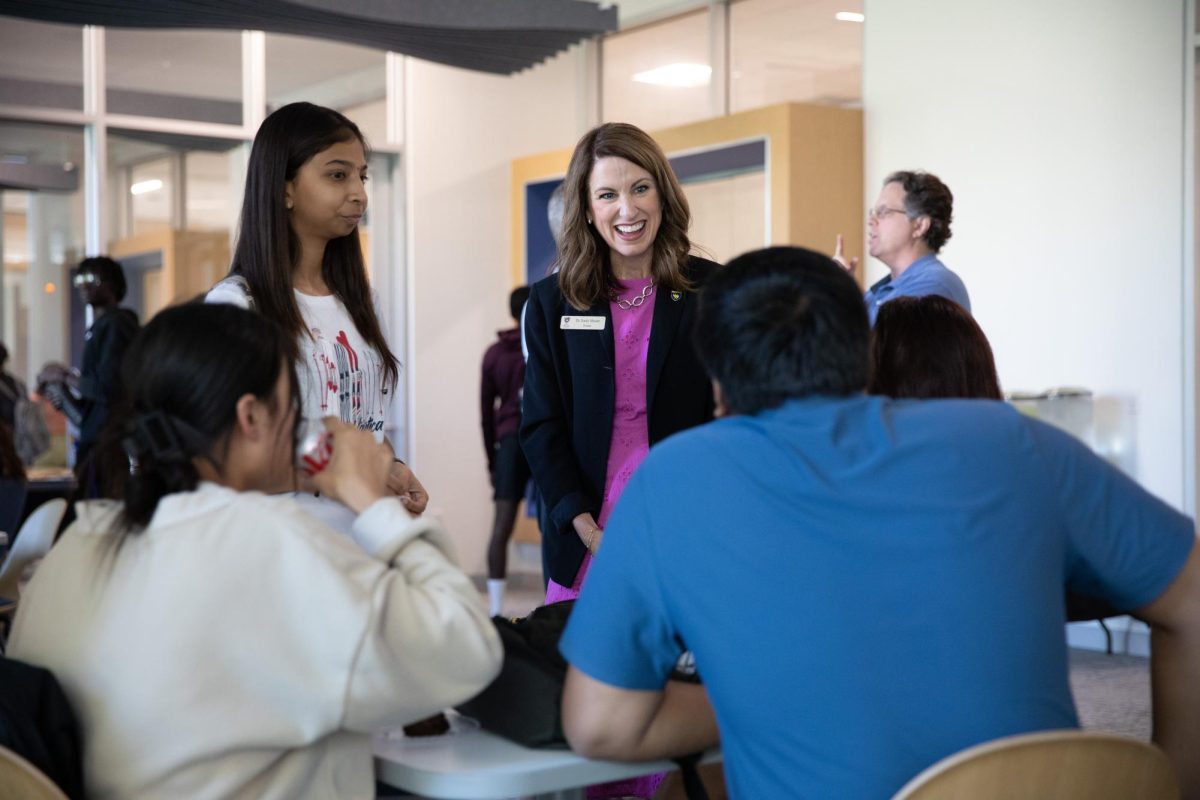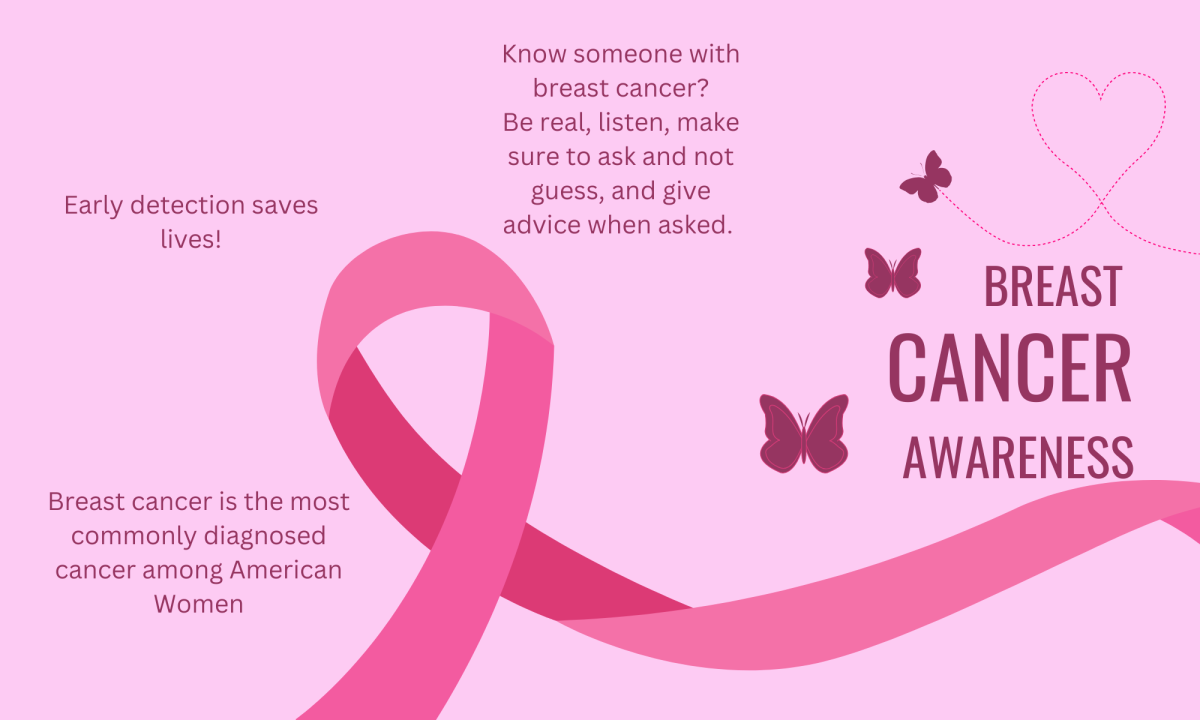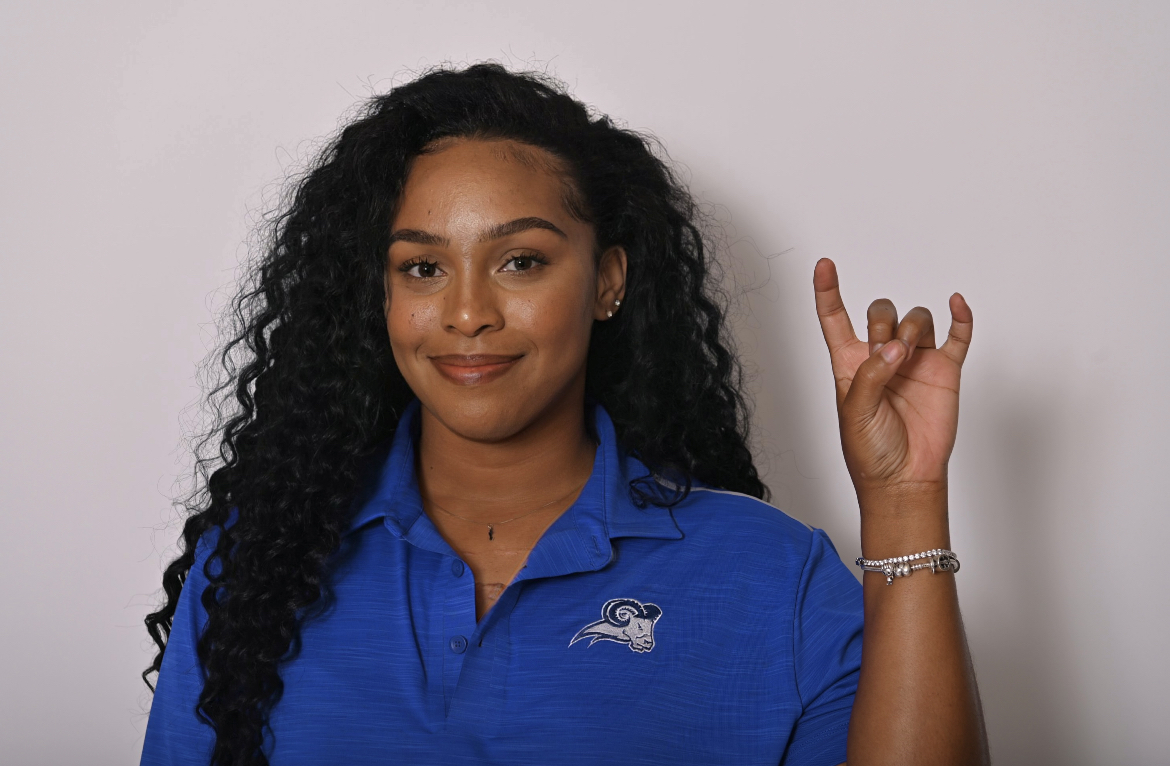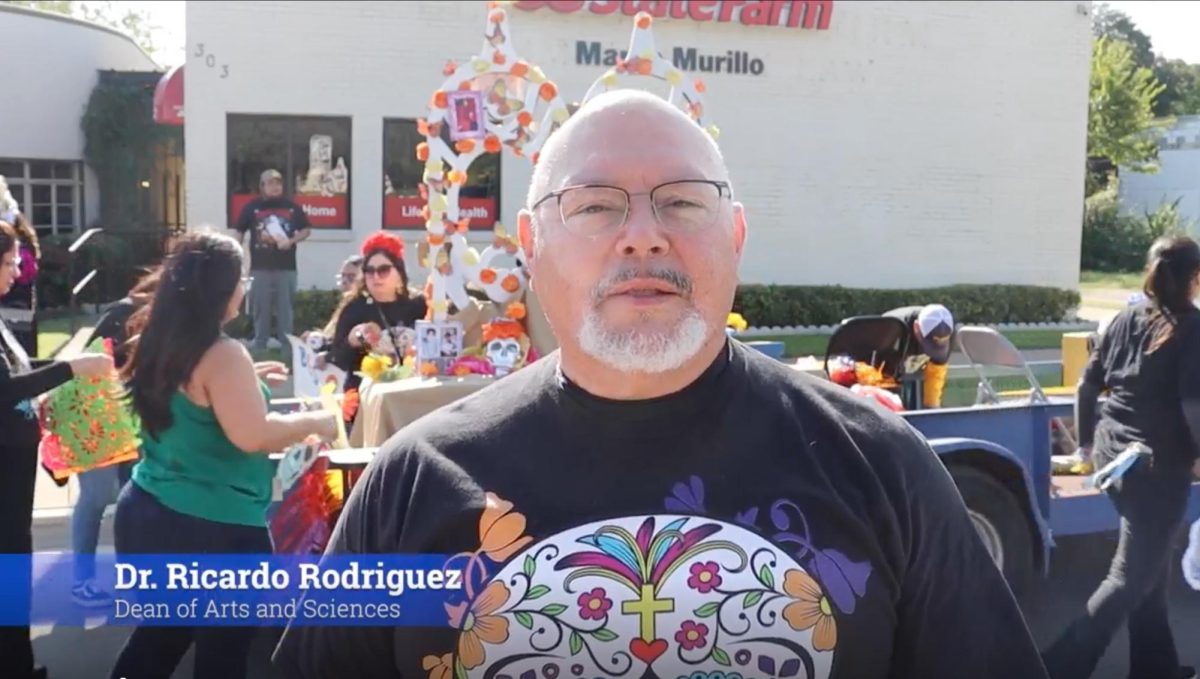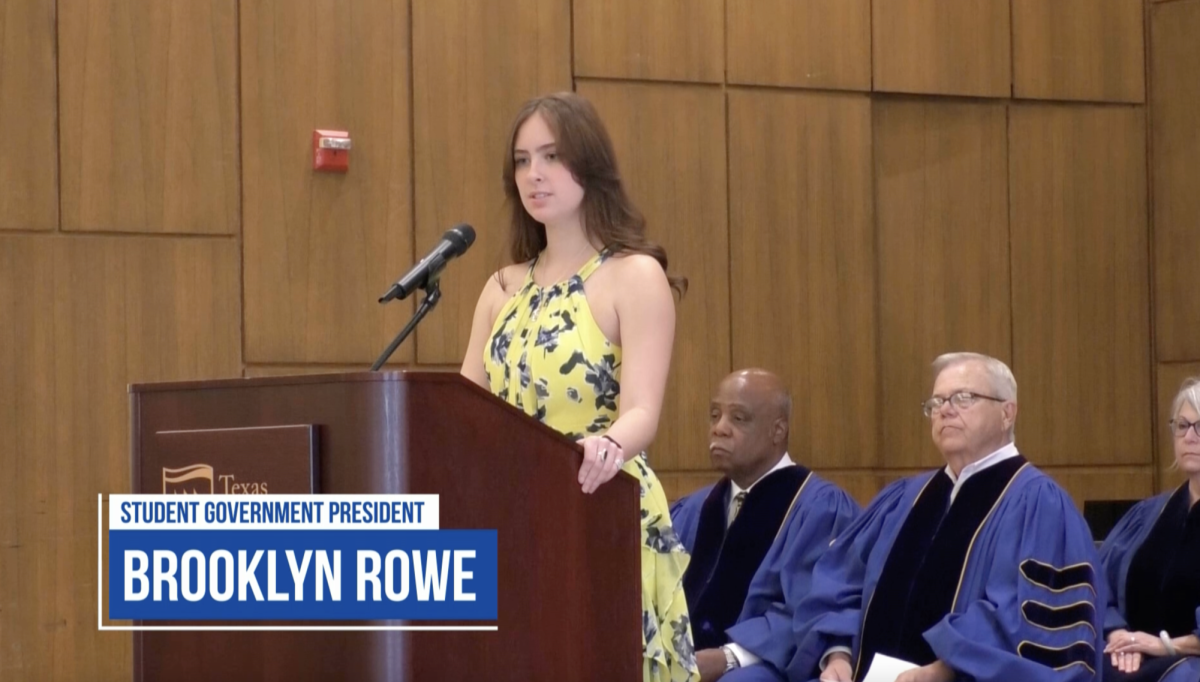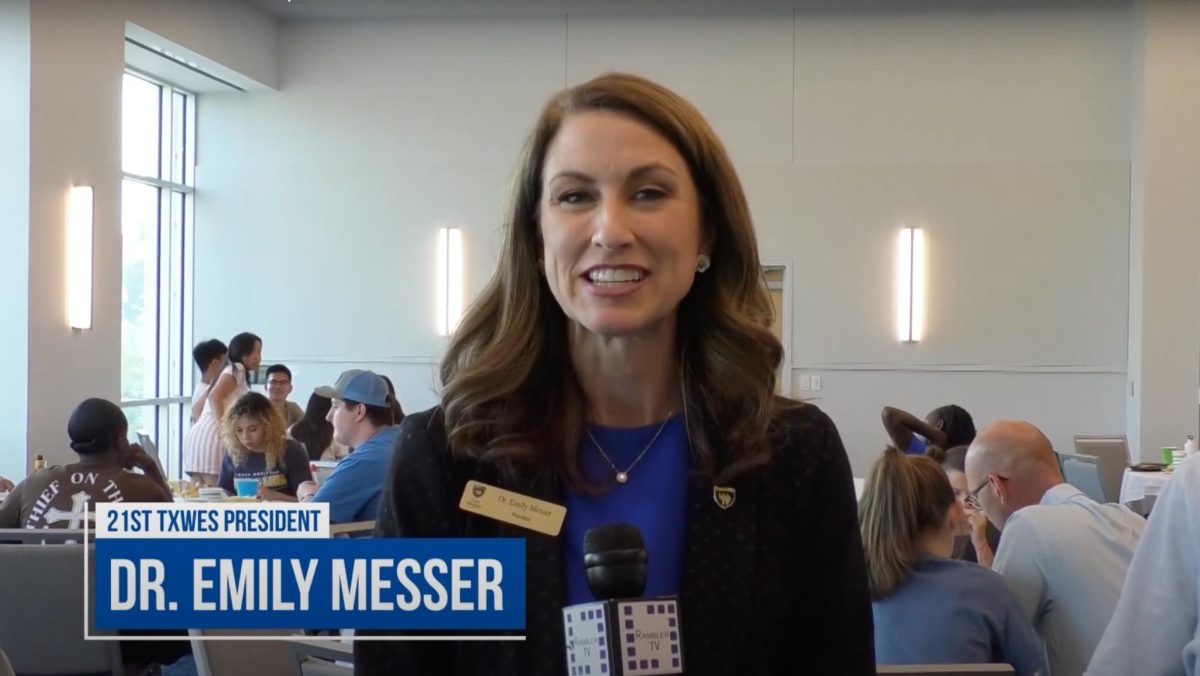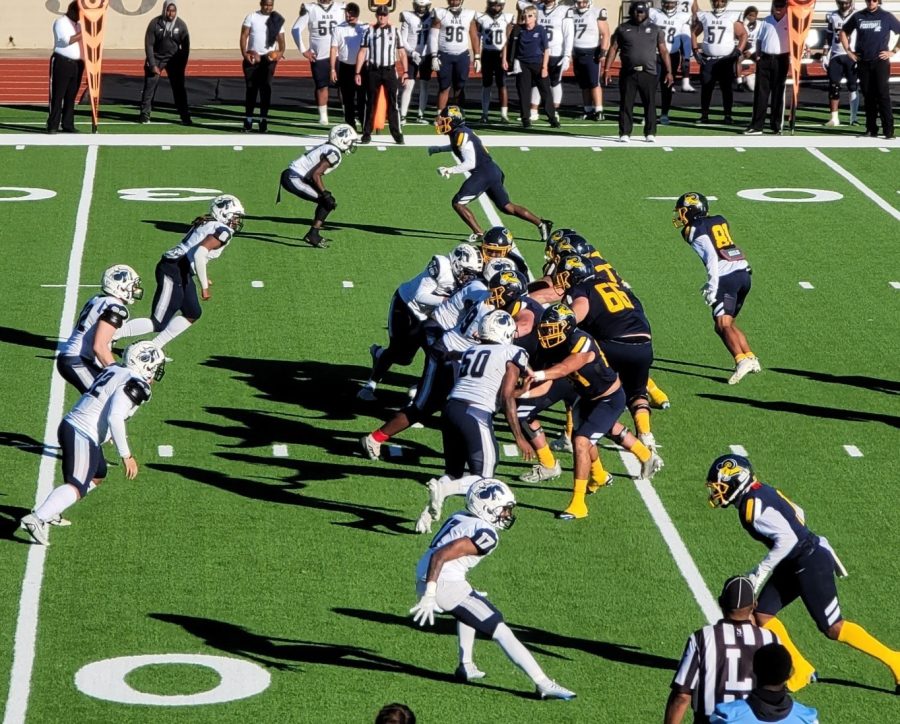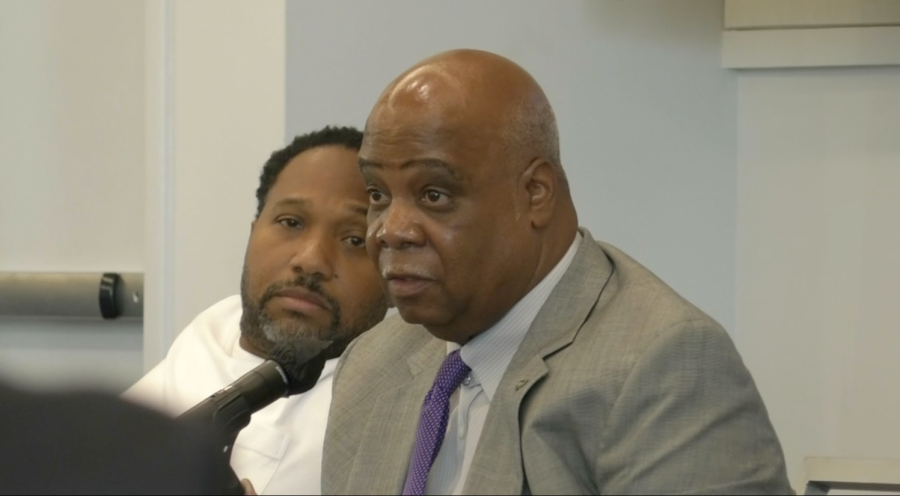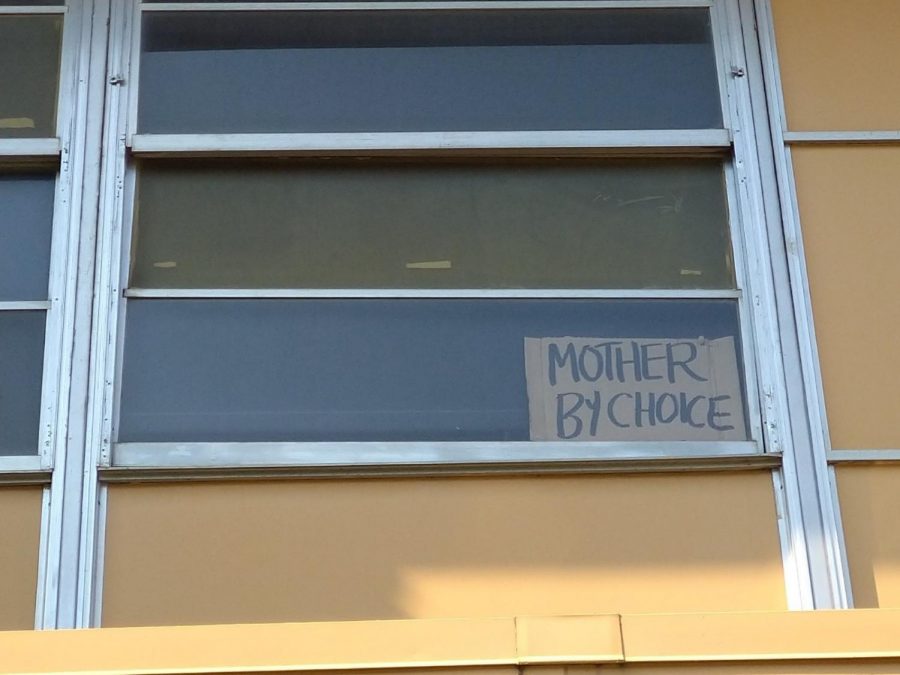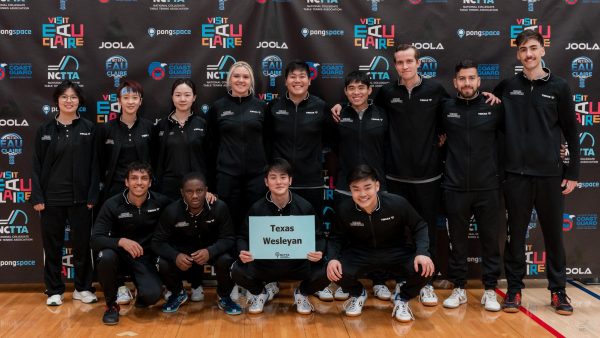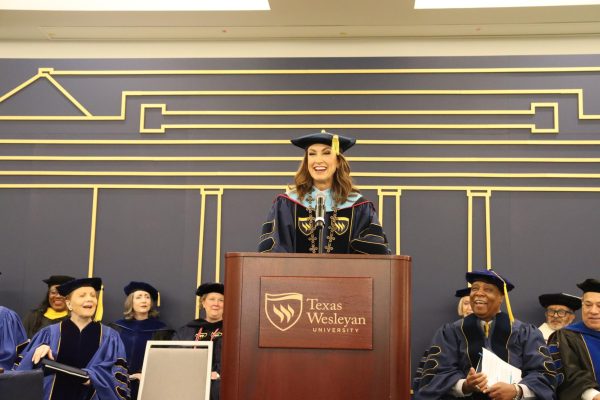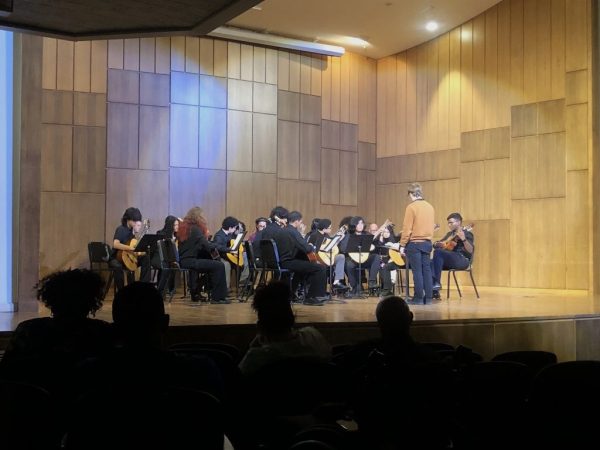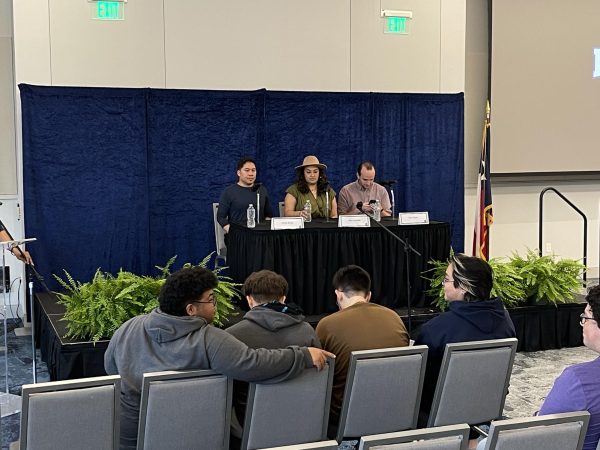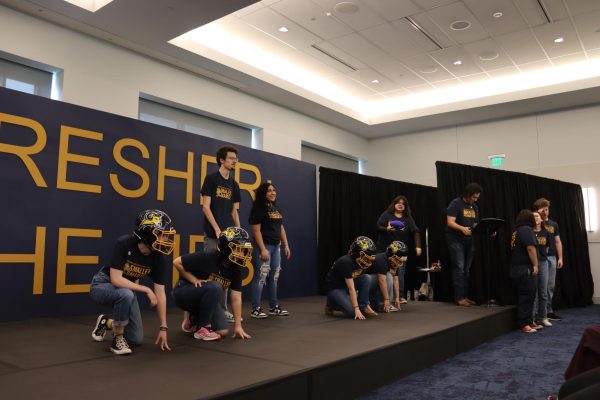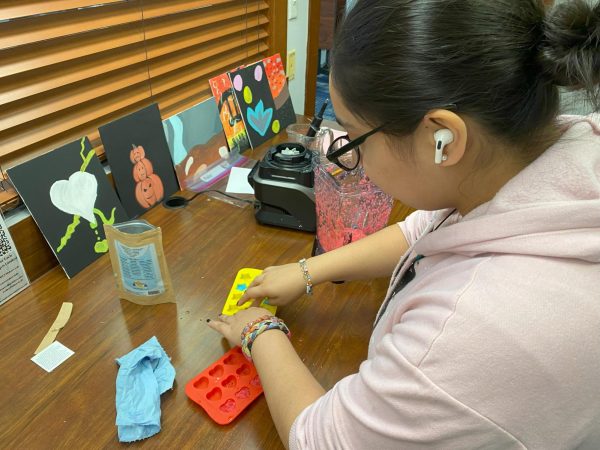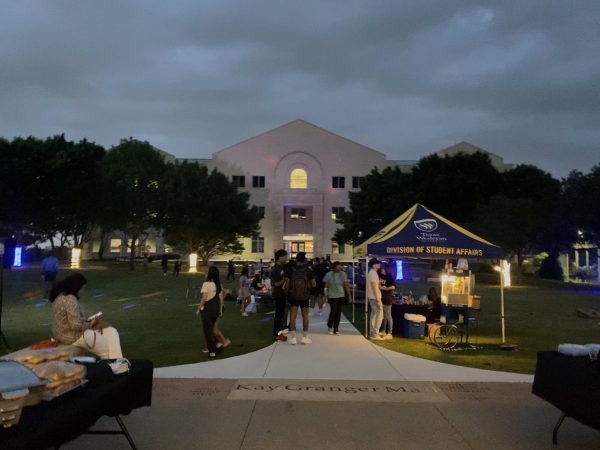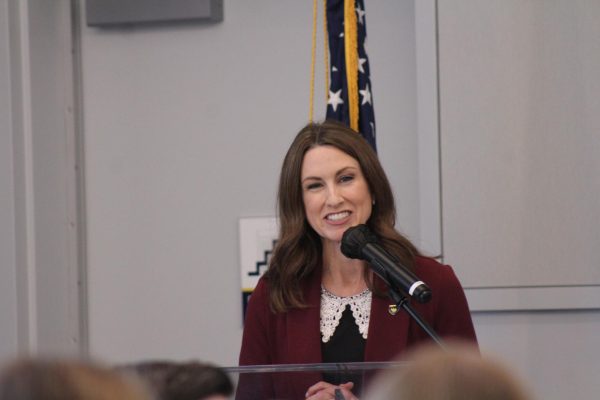Students share opinions about new Texas abortion law

Governor Greg Abbott’s Senate Bill 8, better known as the Heartbeat Law, bans abortions after detecting cardiac activity around the fifth or sixth weeks of pregnancy, took effect on September 1 and makes no exceptions for cases involving rape or incest.
During a news conference on Tuesday, September 7, Abbott defended the ‘no exceptions’ section of SB8 when he said, “Texas will work tirelessly to make sure that we eliminate all rapists from the streets of Texas by aggressively going out and arresting them and prosecuting them and getting them off the streets.”
Abbott went on to say that five to six weeks was enough time for women to determine if they were pregnant after an unwanted attack or incestual encounter.
Although some Texas Wesleyan students support the Heartbeat Law, others do not. Given the nature of the topic, the Rambler has posted a Twitter poll asking students whether they support Senate Bill 8, which can be found here.
Sophomore political science major Bailey O’Donnell said she supports the Heartbeat Law because she believes that the constitution was created to protect life, which includes the heartbeat detected at six weeks.
“Who knows that child could be the next Albert Einstein, and that life is so precious. There’s this quote from Ronald Reagan that I heard that said, ‘Everyone that I’ve met who’s for abortion has already been born,’” O’Donnell said.
O’Donnell said that even if [the child] is born into a situation, that’s not amazing, like poverty, they still have the chance to make life better for themselves. She said, “That is the American Dream, being able to work hard for what we get.”
Another supporter of the new law is soccer player and junior Cara Zwilling. She said, “I believe all lives matter. The more information you have on the situation, it makes you realize that what they are doing [medically] is wrong. Once you have knowledge of the heartbeat [and] the size of the womb [then] it is actually a life rather than an object.”
Zwilling continued her stance and defended governments like Texas when she said, “As far as people getting an abortion these days, it’s more common as they just don’t want the baby. They aren’t educated on the fact that the government, like Texas, gives them so many options to save their lives.”
Junior mass communication major Linda Puga said she does not support the new abortion law because she personally wouldn’t have an abortion, but to her, that doesn’t mean other people shouldn’t be able to have the choice.
“Who am I to try and say anything, just because I follow a book or a set of laws? I think that anybody should be able to do whatever they want. It’s a spectrum, not everybody has the same case about why they’re having one,” Puga said.
Puga said some people may not have a choice in abortion, such as those with fertility issues that lead to miscarriage. Others may not be able to take care of the child or got pregnant because of a sexual assault and may not want to have that baby. “But that also has nothing to do with me,” she said.
“I just don’t understand why [men] feel the need to put their input on something that they will never experience or have to experience. And they should be grateful for that but also understand and have some more empathy,” Puga said.
On Monday, September 6, Attorney General Merrick B. Garland at the U.S. Department of Justice, stated, “While the Justice Department urgently explores all options to challenge Texas SB8 in order to protect the constitutional rights of women and other persons, including access to an abortion…” and intends to continue protecting the needs of women pursuing reproductive health services.
Sophomore psychology and political science major Jaylon Leonard said he did not support the law because he believes it’s important that we keep in mind that these are other people’s bodies, and we can’t make laws and make our own parameters on what someone else can do with their body.
“I think just on a basic level, this is somebody’s body that you’re making a law saying you can’t do whatever you want with it. We’re saying you cannot, you can’t do what you want with what you are given, which is your life,” Leonard said.
Leonard said the justice system is meant to make laws that protect people from each other, but laws that force somebody to do something shouldn’t be the goal of any law. He said, “We can’t force you to not get an abortion if you want it, whether you’re against it or not.”
On Thursday, September 9, Garland responded against SB8 again stating the Department of Justice filed a lawsuit against the State of Texas to prevent the enforcement of the Heartbeat Law.
At the announcement, Garland said, “The act is clearly unconstitutional under longstanding Supreme Court precedent. Those precedents hold in the words of Planned Parenthood vs. Casey.”
Senior education major Julia Pulgarin said she does not support the new abortion law in Texas because she believes that six weeks is not enough time for women to realize that they are pregnant. “We’re not all in tune with our bodies,” she said.
Pulgarin has had two miscarriages, both of which she did not realize she was pregnant within six weeks.
“I just think that’s completely unfair of them [men] to tell us about our bodies and [make] all these decisions and not be a woman, it’s just unfair and unjust and kind of goes against our rights,” Pulgarin said.
Regardless of their stance, the students at Texas Wesleyan University are certainly discussing the matter.

Angela Castillo is a content producer for the Rambler. She is an English and Mass Communications major who is set to graduate in the Spring of 2022....

Veida Dima is a senior at Texas Wesleyan University pursuing a degree in English. She has been a content producer for Rambler Media Group since Spring...

